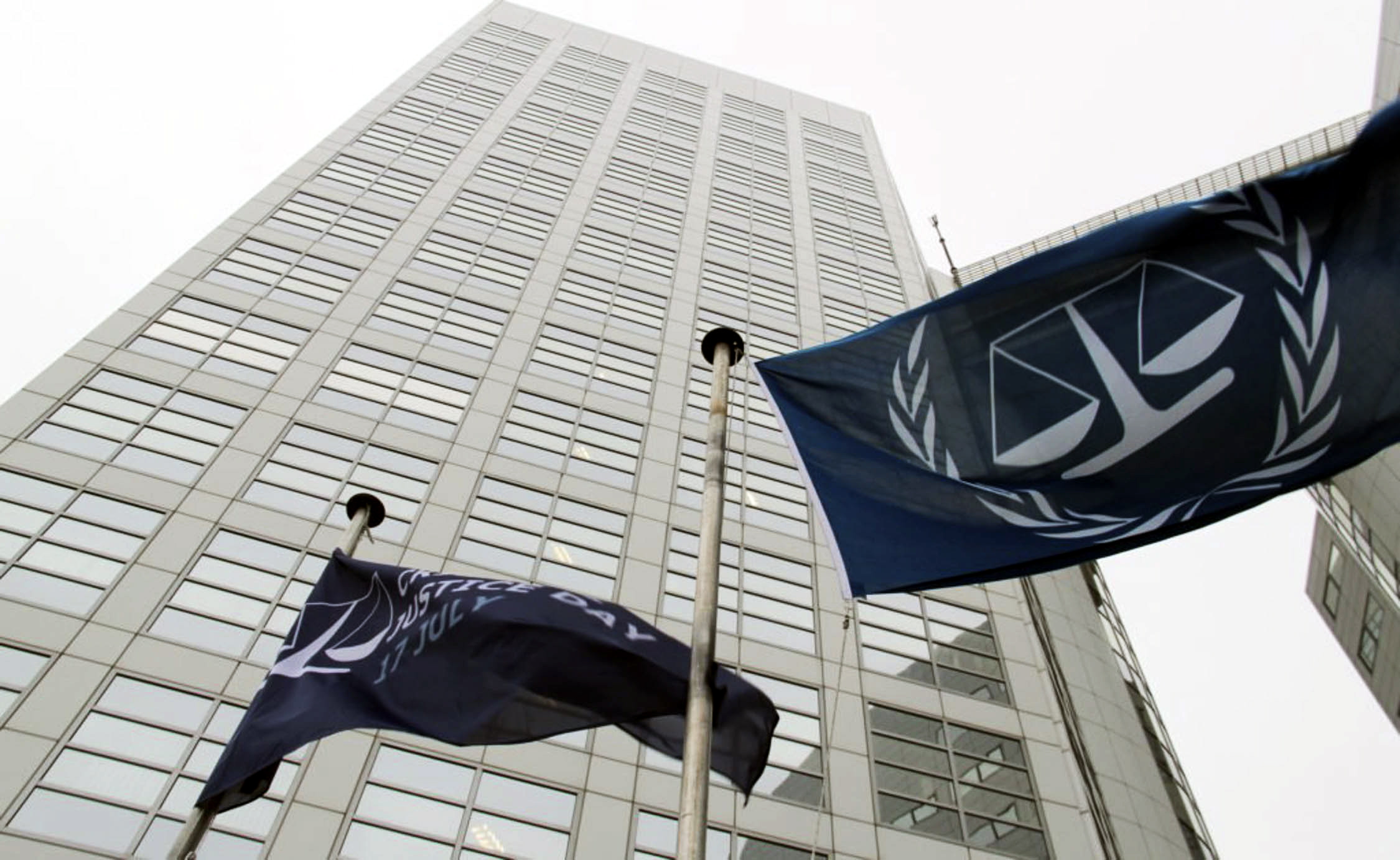
VANGUARD OF JUSTICE The International Criminal Court (ICC) in The Hague is investigating the extrajudicial killings related to the drug war in the Philippines from Nov. 1, 2011, to March 16, 2019, when Rodrigo Duterte served as Davao City mayor and Philippine president. —ICC PHOTO
MANILA, Philippines — The prosecutor from the International Criminal Court (ICC) can come to the Philippines and interview suspects in the drug war killings during the Duterte administration, Solicitor General Menardo Guevarra said on Tuesday.
However, he said the Philippine government is not bound legally to assist the ICC.
“The Philippine government cannot stop him from proceeding any way he wants. He can directly interview persons of interest online, through phone, by email, face to face, subject to the consent of these persons,” Guevarra told reporters.
“But the ICC prosecutor cannot expect that the Philippine government will facilitate it for him,” he added.
Guevarra explained that the Philippines had already disengaged completely from the ICC since 2019.
“It has no legal duty to assist the ICC prosecutor in conducting his investigation,” he added.
Former Senator Antonio Trillanes IV earlier posted a photo of a document from the ICC’s Office of the Prosecutor indicating names of retired and current high-ranking officers who are under suspicion of taking part in former President Rodrigo Duterte’s bloody war on drugs.
Aside from Senator Ronald “Bato” dela Rosa, others named in the ICC document are former Philippine National Police (PNP) Chief Oscar Albayalde, former PNP-Criminal Investigation and Detection Group chief Romeo Caramat, Director of PNP’s Drug Enforcement Group Eleazar Mata, and National Police Commission Commissioner Edilberto Leonardo.